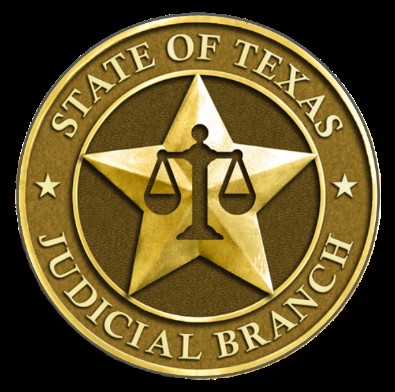In the law, “waiver” is defined as the voluntary relinquishment of a known right. Lawyers waive defenses and legal argument in courts more often than you might think. Sometimes it’s intentional, and sometimes it’s not. Sometimes it’s the result of the lawyer’s mistake. A lawyer forgets to raise a defense, or simply overlooks one.
In a rare move, the Dallas Court of Appeals has levied sanctions against a party for filing a frivolous appeal of a trial court’s order denying that party’s special appearance. In Estate of Deuel-Nash, 2014 WL 5581044 (Tex. App. – Dallas 2014, n.p.h.), the defendant (Nash) in a probate proceeding filed a plea to the jurisdiction (which is different from a special appearance contesting personal jurisdiction) and later filed a “motion to nonsuit” the plea to the jurisdiction. The defendant also served a non-party with a subpoena. The defendant thereafter failed to produce documents in response to a demand from the plaintiff, prompting the trial court to issue an order to the defendant to appear and respond to the plaintiff’s motion to show cause. In response to that order, the defendant filed a special appearance, contesting the probate court’s jurisdiction over him.
 I love food trucks. They’re just cool. It’s no wonder they’re the latest craze among foodies. Most of them put out surprisingly good fare (not just street tacos, but all types of cuisine) and what’s really nice is they often come to you. But before there was social media, you never knew where a food truck was going to be. Now with Twitter and other social media, you can know where a particular food truck will be at any given time. There are even apps to help you find them.
I love food trucks. They’re just cool. It’s no wonder they’re the latest craze among foodies. Most of them put out surprisingly good fare (not just street tacos, but all types of cuisine) and what’s really nice is they often come to you. But before there was social media, you never knew where a food truck was going to be. Now with Twitter and other social media, you can know where a particular food truck will be at any given time. There are even apps to help you find them.
Since I’m a big fan of food trucks, I couldn’t wait to see the new movie Chef. It tells the story of a renowned chef at a Los Angeles bistro who’s getting ready for a big night because a famous food critic is coming to review his latest work.


